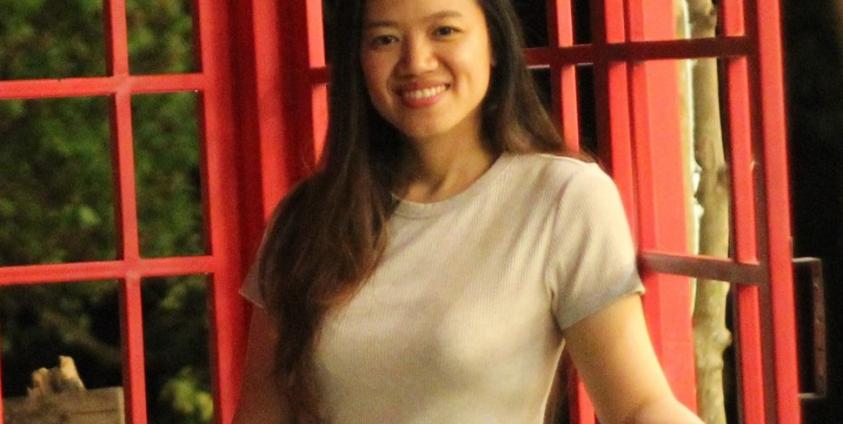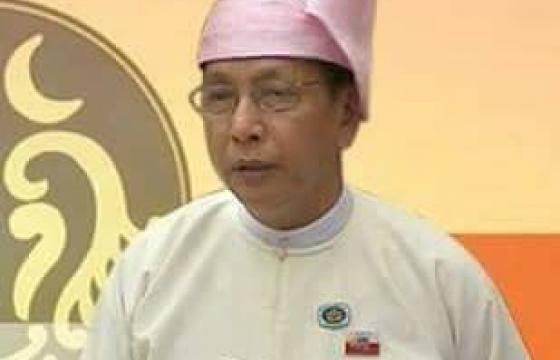The following is an interview with Nan Mon Kein, Director the Shan Women’s Action Network (SWAN) about the inclusion of females in politics, the undertakings of female lawmakers and the government’s actions for female sectors.
Q: May I know the inclusion ratio of females in politics in Shan State?
A: In the past, Shan women have long been living among armed conflicts over 60 years. Male-dominated situations had long existed in Shan State as well as in Myanmar. The women have to make struggles amid these oppressions. The SWAN was set up 20 years ago. Many sectors see more transparency nowadays compared with the past. It can be said that there are more opportunities for the inclusiveness of women when the country shifts from the dictatorship to the democratic system.
Q: Are you satisfied with the inclusion ratio of female candidates in the elections?
A: The political parties are playing an important role in the inclusiveness of female candidates. Assistance to women is very weak according to the country’s laws. The assistance by the State or Region government is weak. Take a look at the 2020 General Elections, it is found that the Shan Nationalities League for Democracy (SNLD) saw the inclusion of more female candidates as it practices rules and regulations associated with gender equality. Thanks to an increase in the number of female candidates, they can participate in the sector of women affairs. In the past, the inclusion of female candidates in Shan State parliament was just six percent. After the 2020 Elections, the female ratio has increased to around 13 percent. I believe thanks to being more inclusive of women, there will be more chances to say.
Q: May I know your view on the advantages and disadvantages of the plan for the implementation of the female sector by the government?
A: In Myanmar, the bill on the violence against women is very weak. That bill is still being discussed at parliament. That bill has yet to become the law. Only a handful of the violence cases against children and women have achieved success. Justice is very difficult until now. The government is unable to ensure the effectiveness of laws.
Q: Are you satisfied with the works done by the sitting female lawmakers? Would you like something to add?
A: After the 2015 General Elections, there emerged seven female lawmakers. They represent their areas. I think they can do much in the sectors to solve the issues in their respective areas.
Q: Which sector needs to be promoted for the women in Shan State in the time of the new government?
A: To promote the role of women, there are the resolutions on women, peace and security adopted by the UN Security Council. How can the women participate in the peace process? The women are required to participate in the actual decision-making sector. Nothing will happen if they are not allowed to participate in the decision-making sector despite the higher number. It needs to enact sufficient laws which can protect the rights of women and lay down the framework for the preventive measures against the females in armed conflicts.
Shan Women’s Action Network (SWAN) was set up on 28 March 1999 by a group of Shan women active in Thailand, inside Shan State and along the Thai-Burmese border, to address the needs of Shan women. More than 300,000 people from 1,400 villages in Shan State fled to Thai-Myanmar border and took refugee status as the military government carried out military operations in the middle of Shan State in 1996. The SWAN is set up by 40 females who engaged in the education and health of those war refugees.






